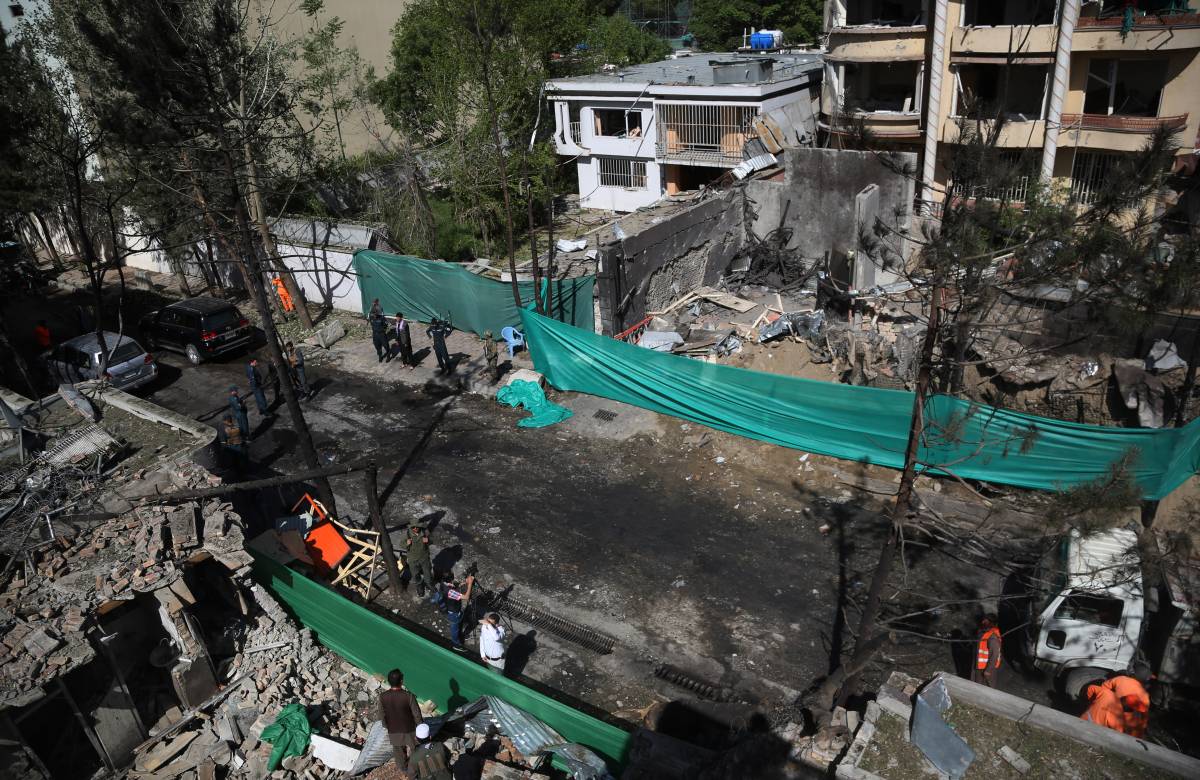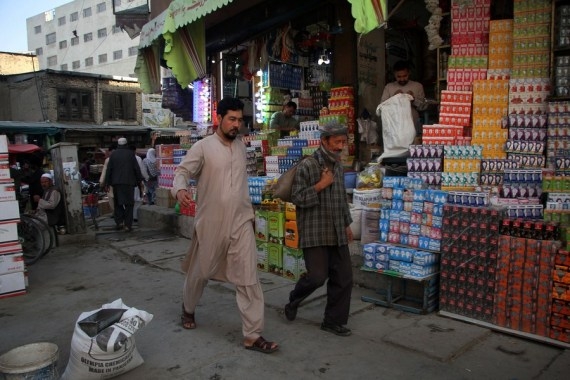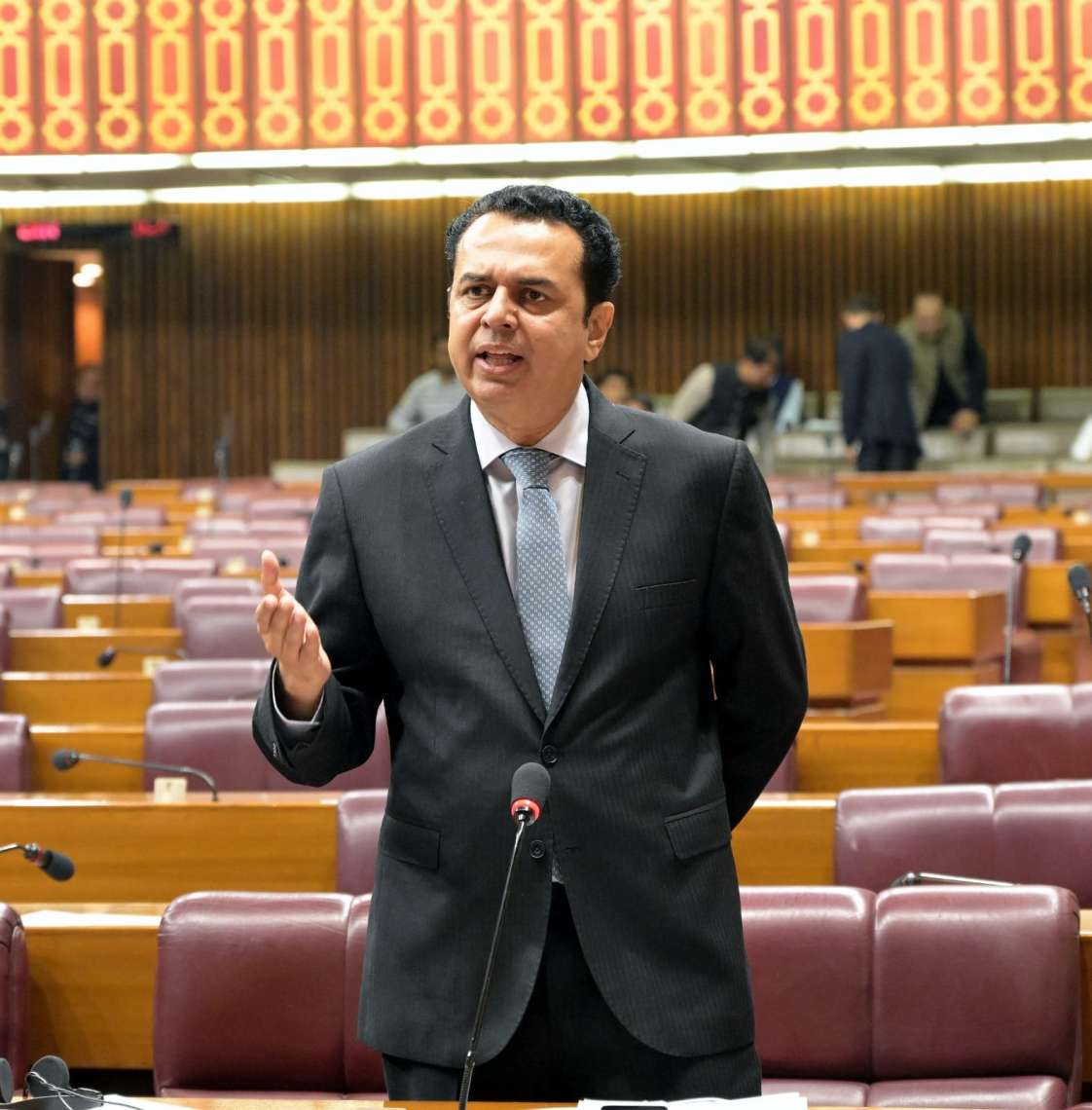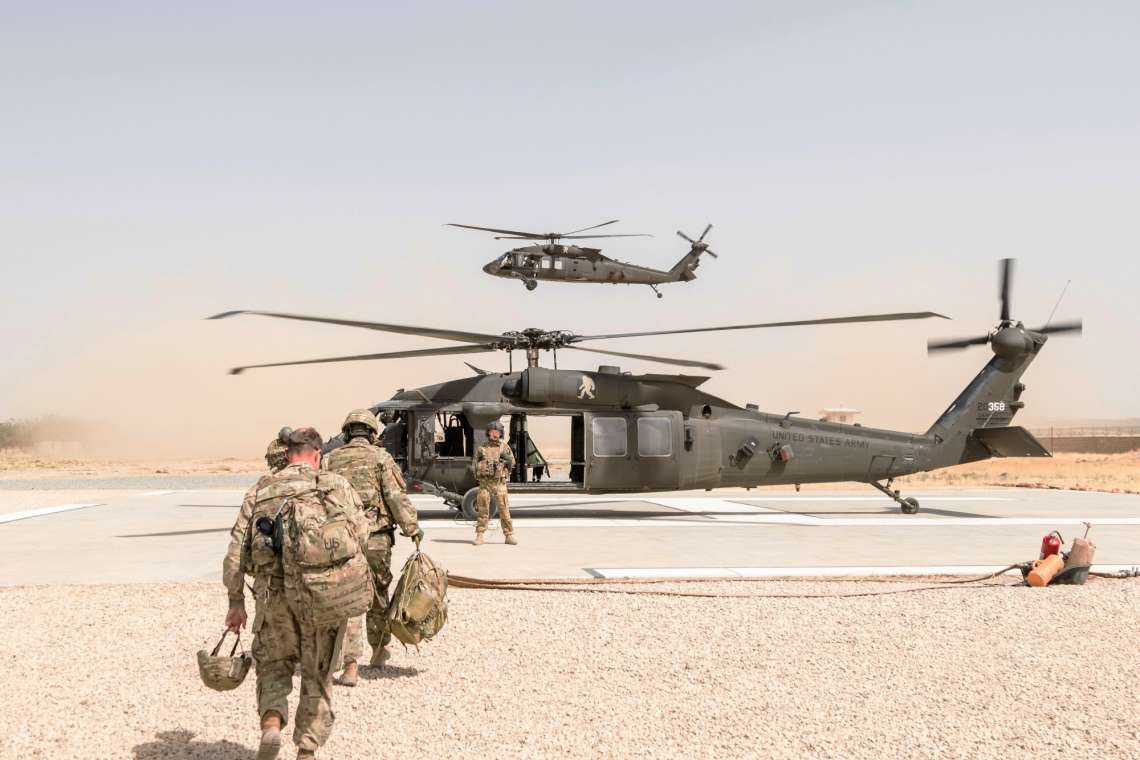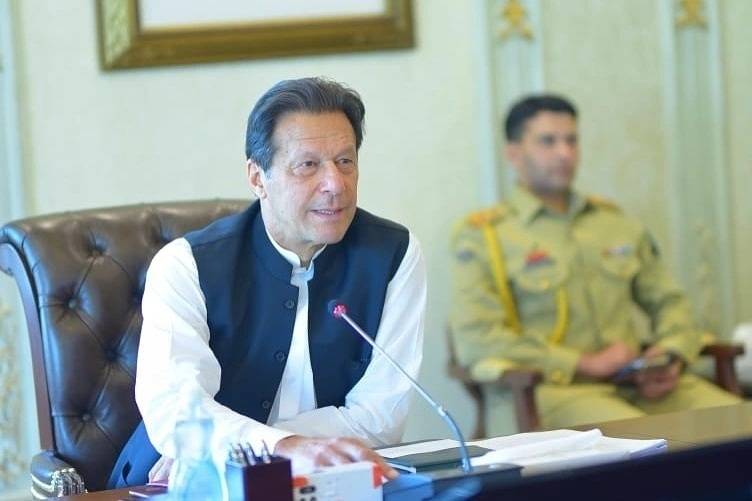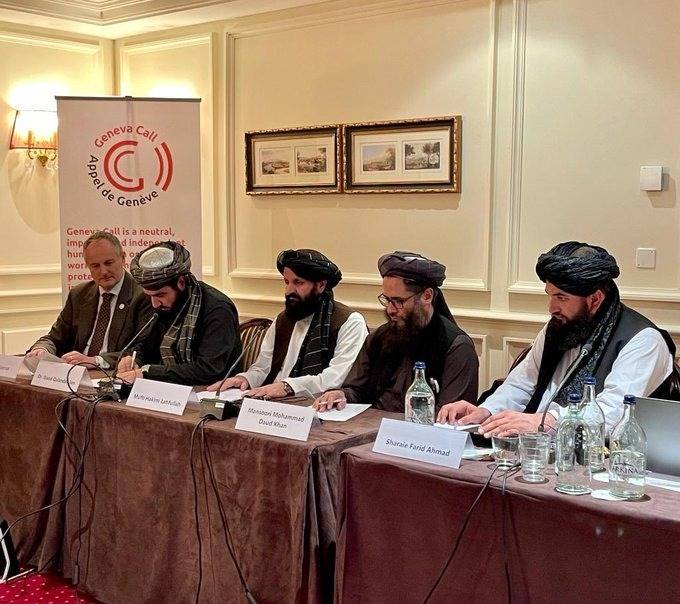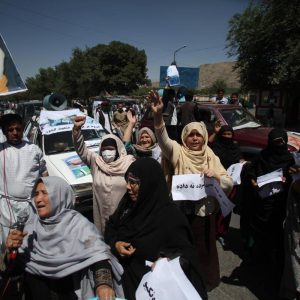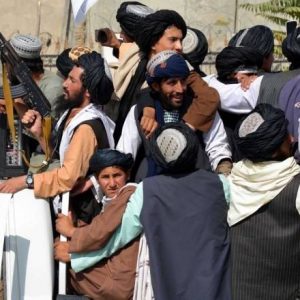Though no group has claimed responsibility, this area has the majority of the Shia Hazara community frequently targeted by the Islamic State of Khorasan (ISIS-K) ), a Sunni militant group…writes Mrityunjoy Kumar Jha
Three suicide bombings outside a secondary school in Dasht-e-Barchi — a Hazara Shia neighbourhood in Kabul has left more than 30 dead and 100s injured.
Tuesday’s blasts took place as students were coming out of their morning classes at the Abdul Rahim Shahid high school in the capital city of Afghanistan.
According to witnesses, the Shia school was targeted by two suicide attackers in the morning as students were leaving the building, with pictures and video clips on social media showing abandoned school bags in the street.
“Three blasts have taken place — in a high school, there are some casualties to our Shia people. The explosions occurred in the main exit of Abdul Rahim Shahid School, where crowds of students were there, one teacher told me who surprisingly escaped the attack,” Khalid Zadran, the spokesman of Kabul police told a media outlet.
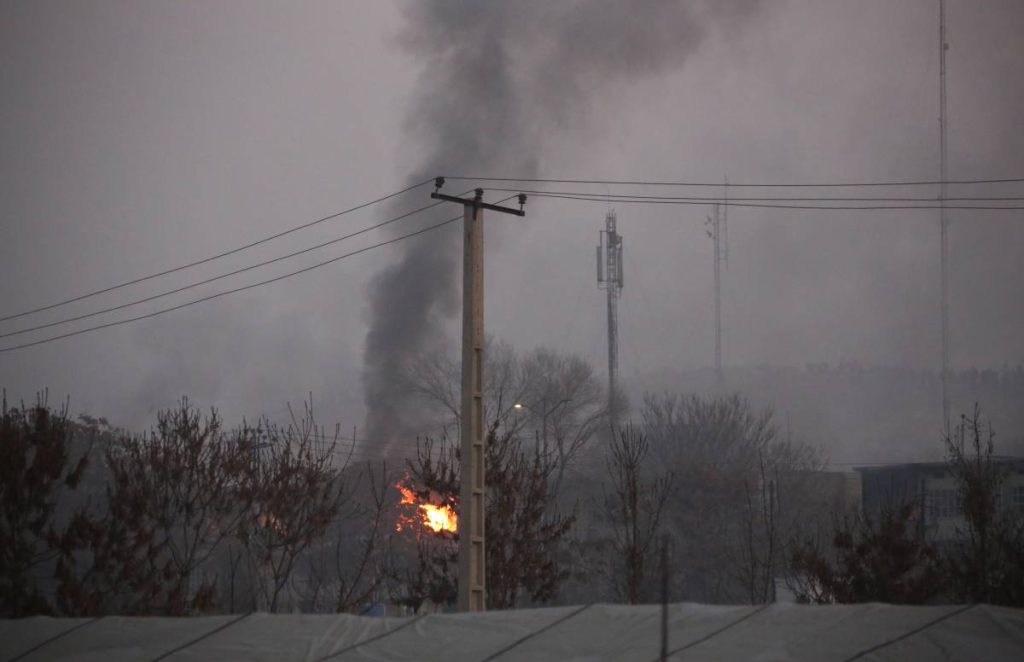
Another witness told the media that, “a father has lost three of his sons in the school attack today in Kabul”.
Though no group has claimed responsibility, this area has the majority of the Shia Hazara community — an ethnic and religious minority frequently targeted by the Islamic State of Khorasan (ISIS-K) ), a Sunni militant group.
Last year in May, a girl’s school was targeted in the same area killing more than 100 female students.
The Hazara-Shia community in West Kabul city, particularly its sprawling Dasht-e Barchi area, has been the target of some of the city’s deadliest attacks, especially since 2016. The community has particularly been hit hard in west Kabul, but Hazaras and Shias have also been persistently targeted elsewhere in Afghanistan.
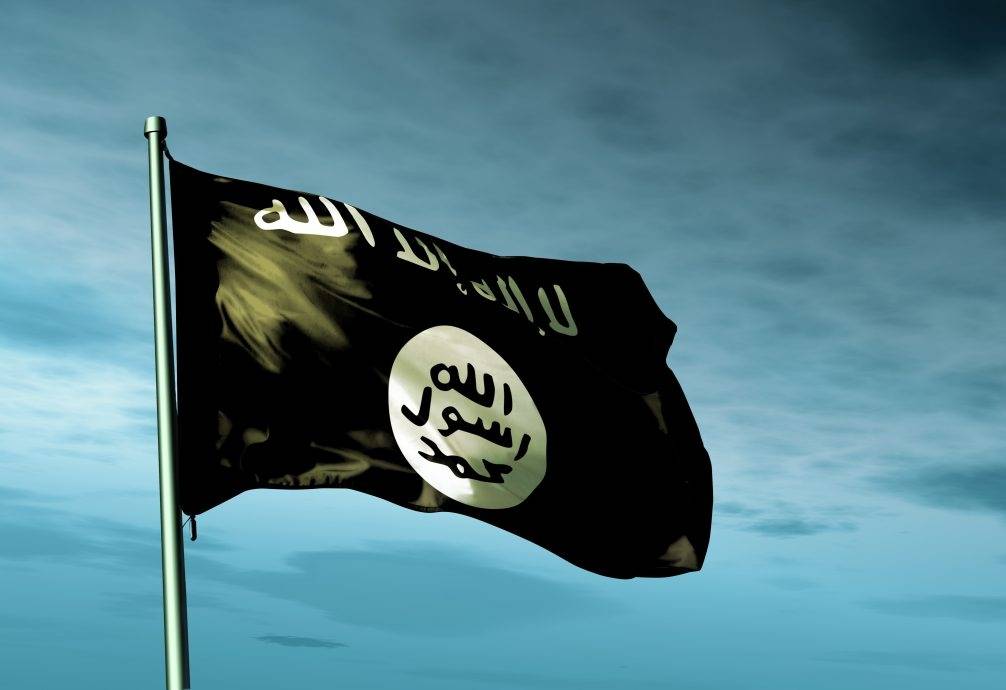
After the Taliban first took over in August 2021, the neighbourhood experienced a short-lived respite from attacks but has since become the scene of a new cycle of assassinations and bombings, leaving its ethnic Hazara and Shia Muslim residents particularly vulnerable to an unrelenting campaign of targeted killings.
There have been at least two deadly attacks on Shia-Hazara civilians in Kunduz and Kandahar provinces in Afghanistan since the Taliban takeover. In the first attack in Kunduz, more than 400 people had gathered for the Friday prayer on October 8, 2021 when a ISIS-K suicide bomber attacked the Sayed Abad mosque. A week later, ISIS-K suicide bomber attacked Grand Fatima mosque, the largest Shia mosque in Kandahar city, killing more than 100 people. A month later, in a daring attack on the high security military hospital in Kabul, the suicide bombers of the ISIS-K killed the Taliban military chief for Kabul.
While the Taliban rulers are touting their ability to provide security, as an achievement, the ISIS-K with its attacks is seeking to discredit that claim and using the Taliban’s own tactics to attack them.
Although both ISIS-K and the Taliban are hardline Sunni Islamist militant groups, they have sharp differences over religion and strategy and fought for years. The Taliban mostly follow the Hanafi school of Sunni Islam, believe in an Afghan nation-state and say they seek good relations with all countries. Islamic State follows the more rigid Salafi Islamic tradition, considers Shiites to be apostates who should be physically exterminated, and seeks to establish a world-wide Islamic caliphate through military conquest.
(The content is being carried under an arrangement with indianarrative.com)


